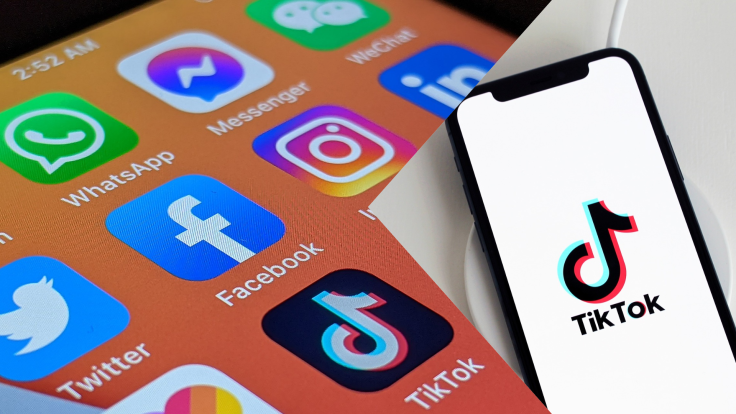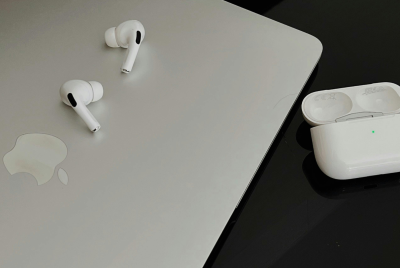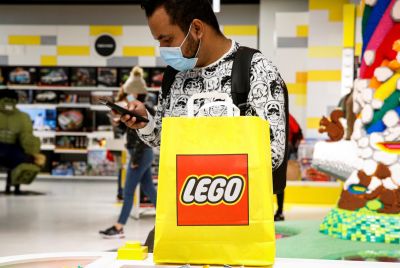Instagram & WhatsApp Saved by TikTok? — Meta Clears Historic Legal Hurdle
Inside Meta's big win: The role Instagram, WhatsApp and TikTok competition played in shaping the antitrust ruling

Meta has just won a historic and life saving victory in its battle with US regulators. In a contentious antitrust ruling, a federal judge decided that Meta does not hold a monopoly in social networking, meaning the company will not be forced to spin off Instagram or WhatsApp. This is a major win for Meta, but the most shocking part was the role of rivals like TikTok that indirectly helped in saving the company's prized apps.
Instagram and WhatsApp Saved by Meta Legal Victory
This all started with a case based on the Federal Trade Commission's (FTC) argument that Meta (formerly Facebook) maintained its dominance in social networking by acquiring competitors. The FTC claimed these acquisitions, especially of Instagram and WhatsApp were part of a 'buy or bury' strategy, designed to eliminate emerging threats.
Meta, on the other hand, pushed back hard as it argued that it competes very contentiously in today's social media world, not just against new rivals but also against platforms like TikTok, YouTube, and Apple's messaging services. Moreover, their legal team said that these are real substitutes for Instagram and WhatsApp, and that their presence contradicts the FTC's picture of a narrow, Meta dominated market. When the idea of losing Instagram was brought up, an expert explained its possible effect on Meta,
'It would also severely damage its future user and revenue growth prospects. Instagram is now Meta's biggest money maker in the US, its most lucrative market, where the app accounts for 50.5% of the company's ad revenues in 2025. Instagram has also been picking up the slack for Facebook on the user front, particularly among young people, for a long time.'
Furthermore, in his ruling, US District Judge James Boasberg gave his reasoning for ruling in favour of Meta. He noted that since the FTC filed its lawsuit in 2020, the social media ecosystem had changed completely and what once could have been treated as separate markets i.e. 'social networking' vs 'social media,' this separation no longer makes sense, according to the judge. And TikTok was regarded as Meta's fiercest rival today which is a point reportedly the FTC failed to properly account for.
READ MORE: Elon Musk's Furious xAI Lawsuit Forces Apple and OpenAI to Face the Consequences
How TikTok Indirectly Saved Instagram and WhatsApp
This historic ruling is a major lifeline for Meta and especially for its two crown jewels, Instagram and WhatsApp. If the FTC had won, Meta might have been forced to divest one or both of these platforms, which would have reshaped the company's business and potentially weakened its dominance. And they have to thank TikTok for the competition.
Because with this decision, Meta retains full ownership. The company now avoids a breakup, keeping control over Instagram which is a platform that has grown massively since Meta acquired it in 2012 and WhatsApp, the globally popular messaging app it bought in 2014.
Moreover, Meta has officially argued that its acquisitions benefited users as according to the company, after buying Instagram and WhatsApp, it invested tens of billions of dollars to scale infrastructure, secure communications, and add features that modern users expect. WhatsApp now supports voice and video calls with end-to-end encryption, and Instagram features like Stories and shopping were built out under Meta's stewardship.
One of the most shocking parts of this ruling is how much TikTok reportedly factored into the judge's reasoning. Boasberg emphasized that the social media world has shifted as users don't just connect with friends and family, but they also consume and share content with a global audience. In this new reality, TikTok isn't just a rival for attention; it's reshaped the way people engage online. Meta itself made this case forcefully during the trial as the company argued that TikTok and other platforms compete directly for users' time, attention, and ad dollars and that Meta is constantly challenged by these players.
The judge's decision clearly seems to be influenced by that argument that by not considering TikTok and other major platforms as substitutes, the FTC built its case on a flawed foundation.
© Copyright IBTimes 2025. All rights reserved.





















